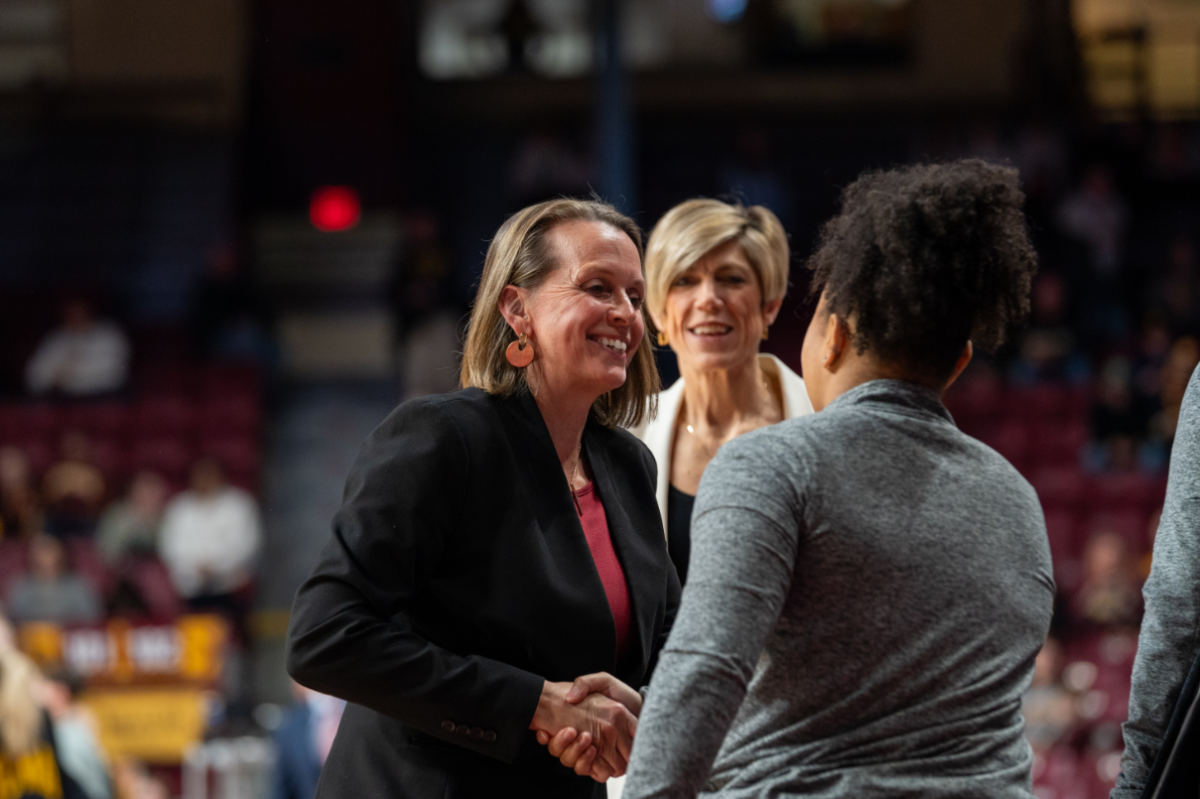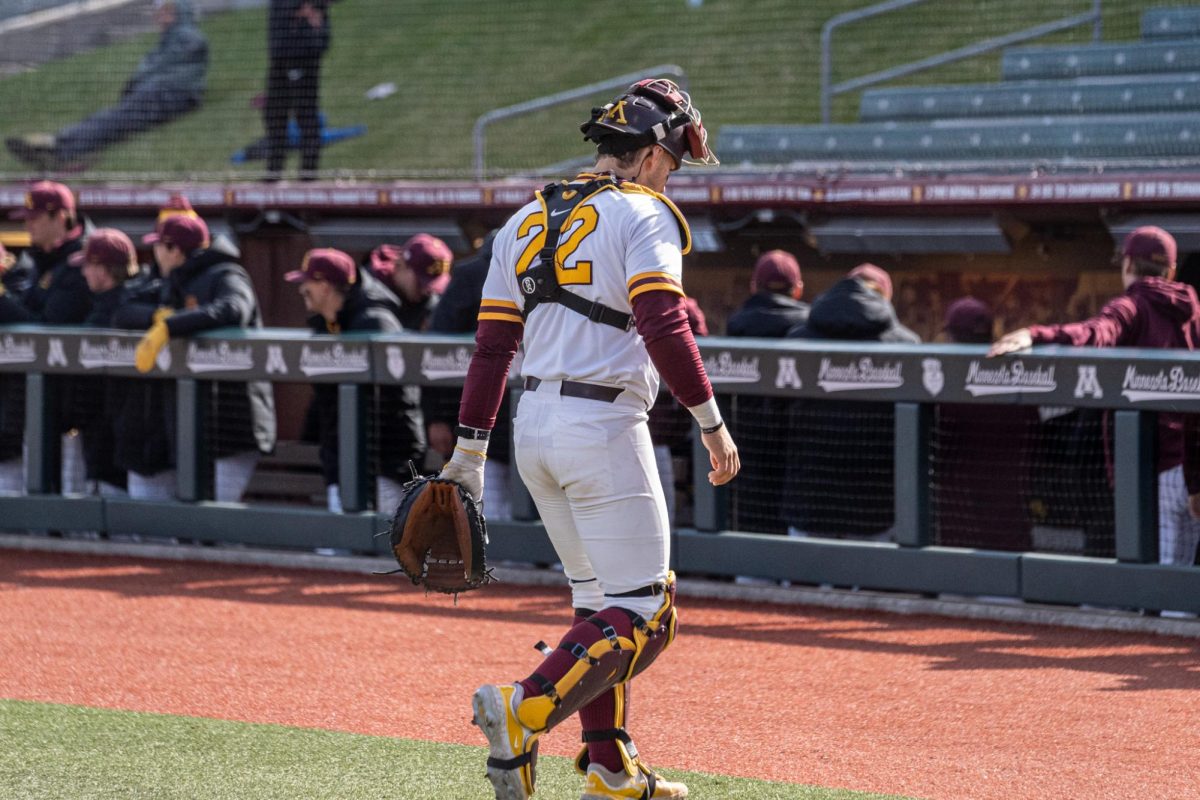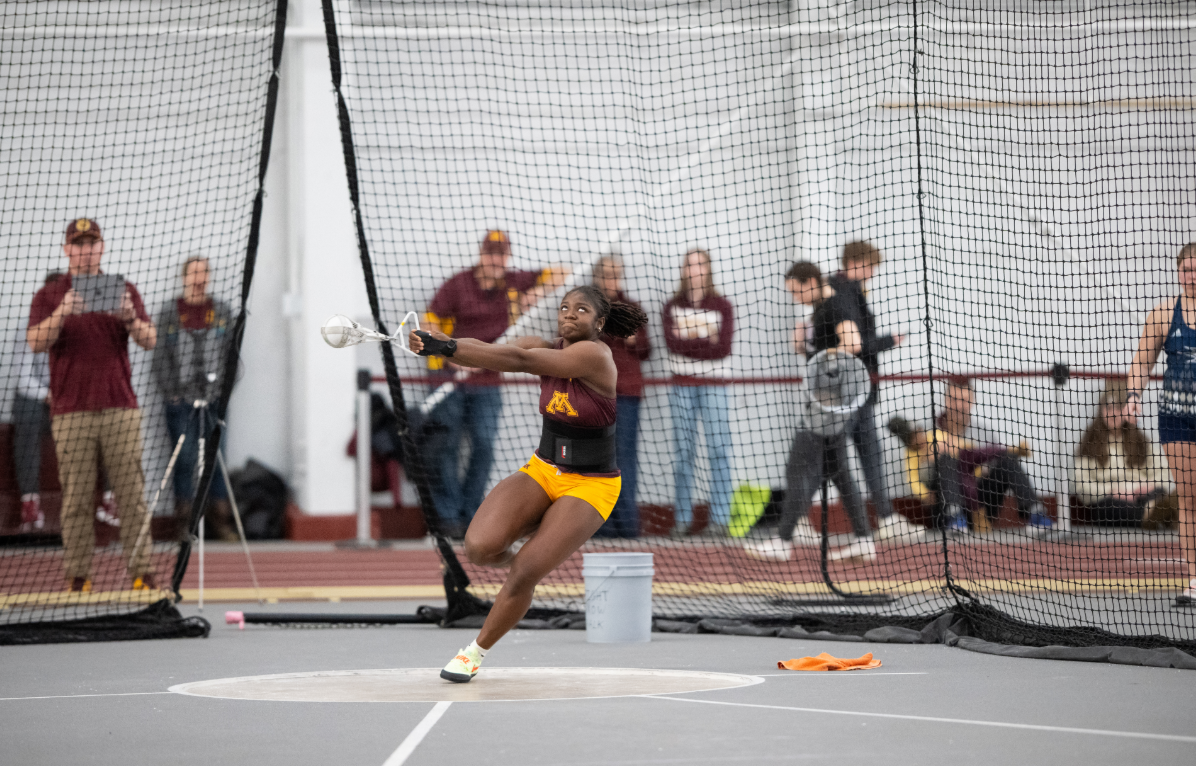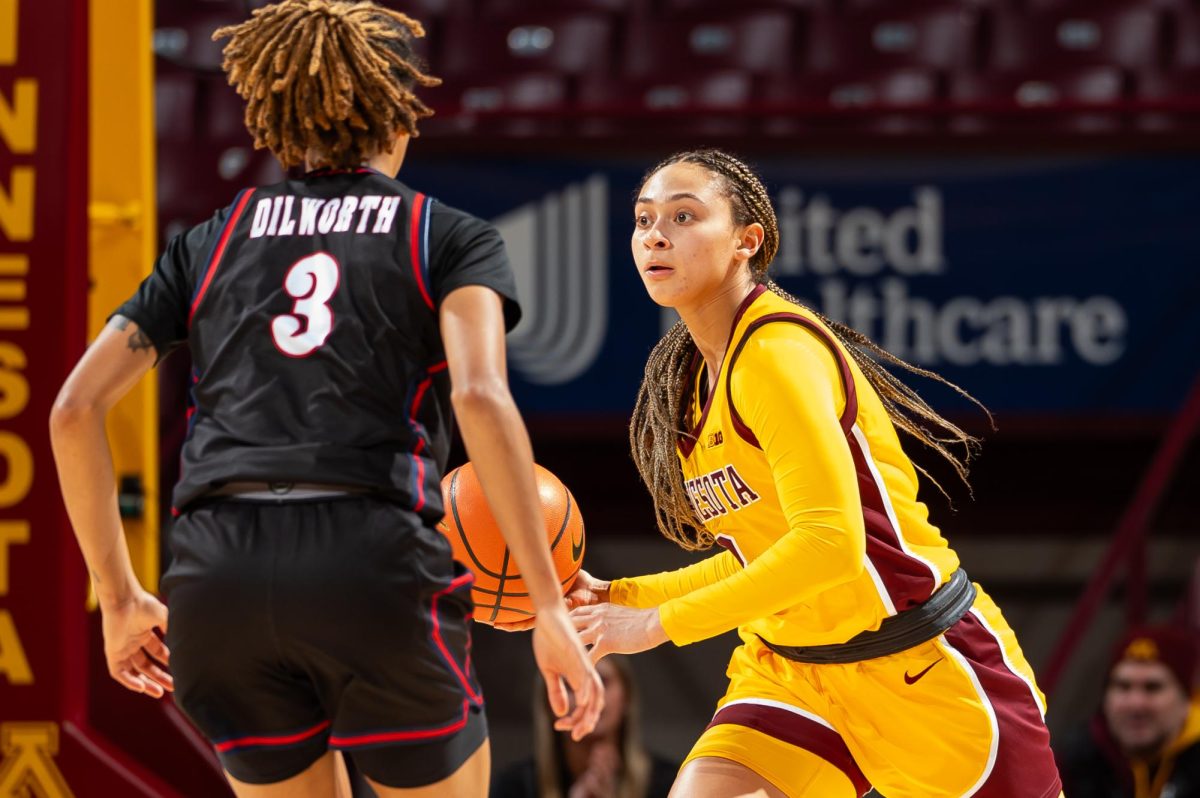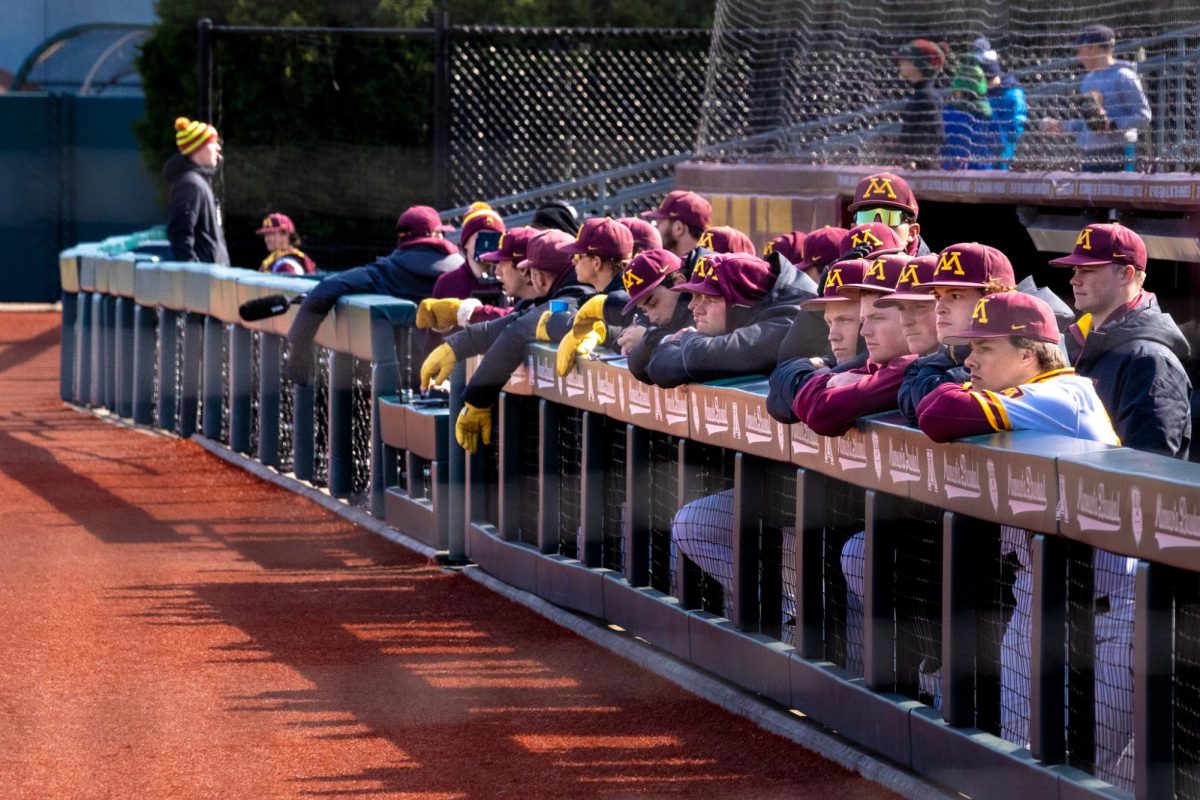While most fans equate March and spring to the start of the baseball season, a new NCAA legislative act will make college baseball in February a cold reality. The NCAA Division I Legislative Council passed a legislative act April 20 adding one week to the college baseball season. As of Monday, 56 teams have petitioned against the new rule, including Minneosta. The extra week, which will increase the college baseball season from 13 weeks to 14 weeks, will be added to the beginning of the regular season. While one more week of baseball in February might not be a big deal to southern schools, northern schools such as Minnesota are not welcoming the idea of an extra week of early baseball. âÄúWe are in favor of an extra week at the end of the season âÄî not the beginning,âÄù Gophers assistant coach Rob Fornasiere said. âÄúThe extra week goes against what the Big Ten stands for, which is creating parity and equality between teams.âÄù The legislative move adding one week has been placed in effect immediately, and the extra week of baseball will begin in the 2010 season. For schools that object to the extra week of early baseball, there is an appeals process. Override requests, which are a formal appeal of the legislative action, can be made by any school. All 11 Big Ten schools have submitted such requests, according to Senior Associate Athletic Director Regina Sullivan . However, just having the Big Ten appeal is not enough. According to Sullivan, it takes 30 of these override requests for the NCAA committee to reconsider their position. Even at 30 requests, the legislation is still in effect while the committee reconsiders its position. Only at 100 requests is the legislative action suspended pending a formal review. The deadline to file such requests was Monday, June 29. The NCAA rule committee announced that a total of 56 override requests had been filed by the deadline. This ensures that the rules committee will review the new legislative move, but the extra week will continue to be in effect while the review takes place. For programs like Minnesota, the short notice of an extra week of baseball leaves them in a precarious position. âÄúWe have no budget for such a last minute thing,âÄù Fornasiere said. No budget to travel means Minnesota will likely be forced to make up those games by hosting a round-robin tournament. The tournament will be between fellow northern teams, he said. Where those games will be played also is an issue of concern. The Metrodome âÄî the GophersâÄô usual home in the early part of the season âÄî might not be available because of conflicts with already scheduled events. Pending a successful appeal, northern schools will have to begin planning for an extra week of games to be played in early February. While Fornasiere said he believes the academic overload of a busy 13-week schedule and the need to provide student-athletes with more of a break was the selling point of the additional week to the committee, itâÄôs reasoning heâÄôs not buying. The motive of southern teams, who stand to gain three extra home games, as well as allowing their best pitchers to pitch in three more games, is the real motivating factor, Fornasiere said. âÄúThe Big Ten has been doing [the current schedule] for years with academic success,âÄù he said.
Further rule changes
The NCAA Baseball Rules Committee is in an off-year for creating new rules affecting game-play, meaning that no new rules will take effect for next season. However, issues are still discussed with the committee for possible installation in future seasons. The committee is likely reviewing the issue of bat rolling, or when bats are tampered with illegally to increase performance. The discussion would then lead to looking at a rule change next year, when they convene for a full look at rule-changes.


